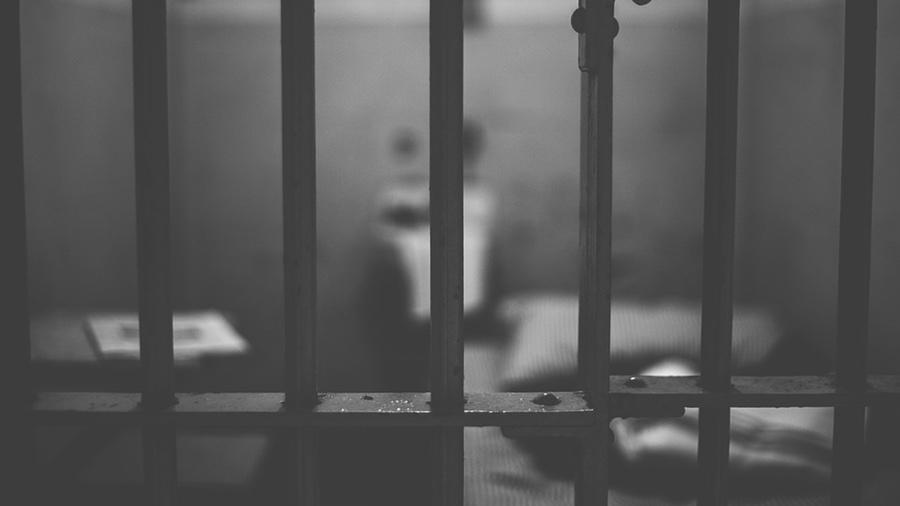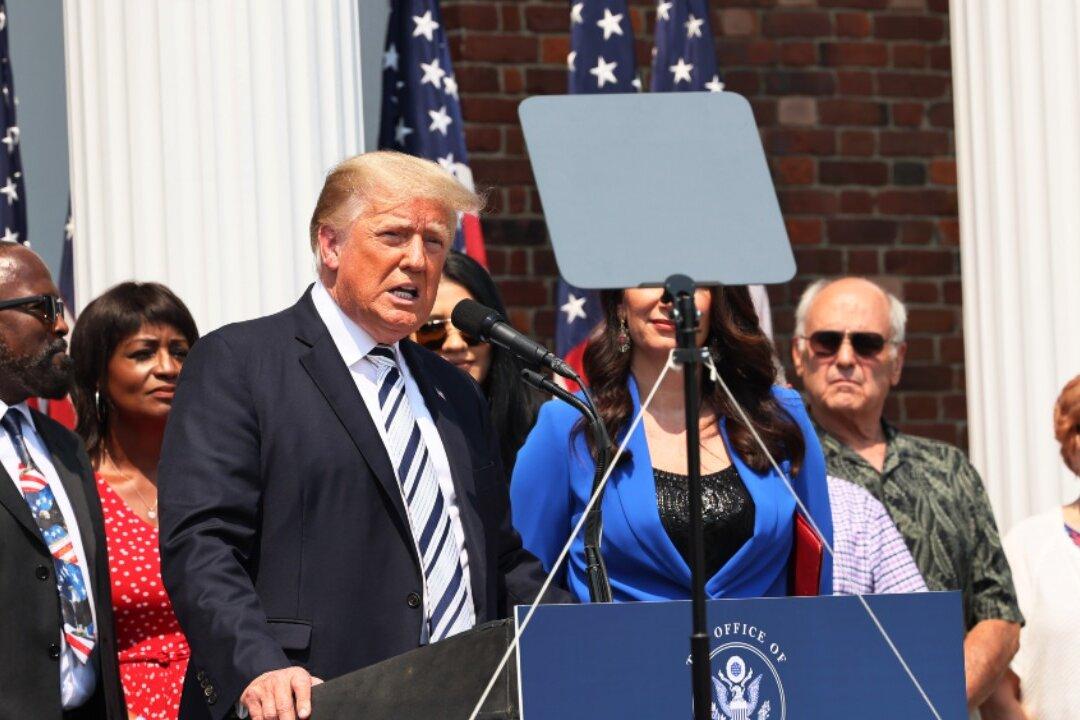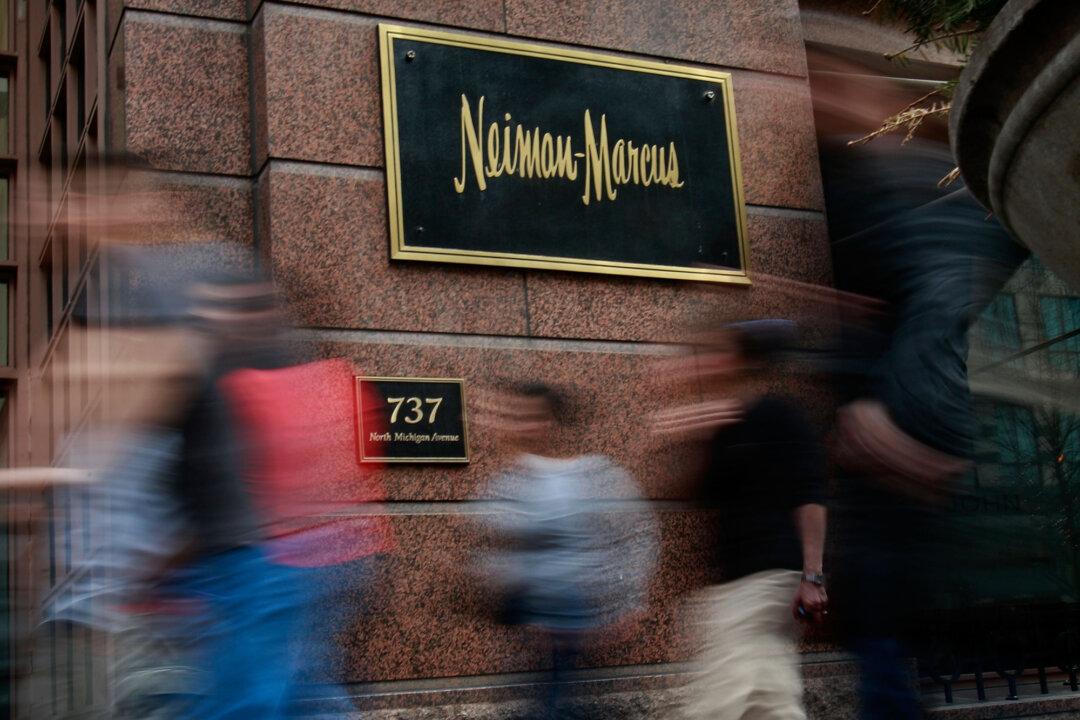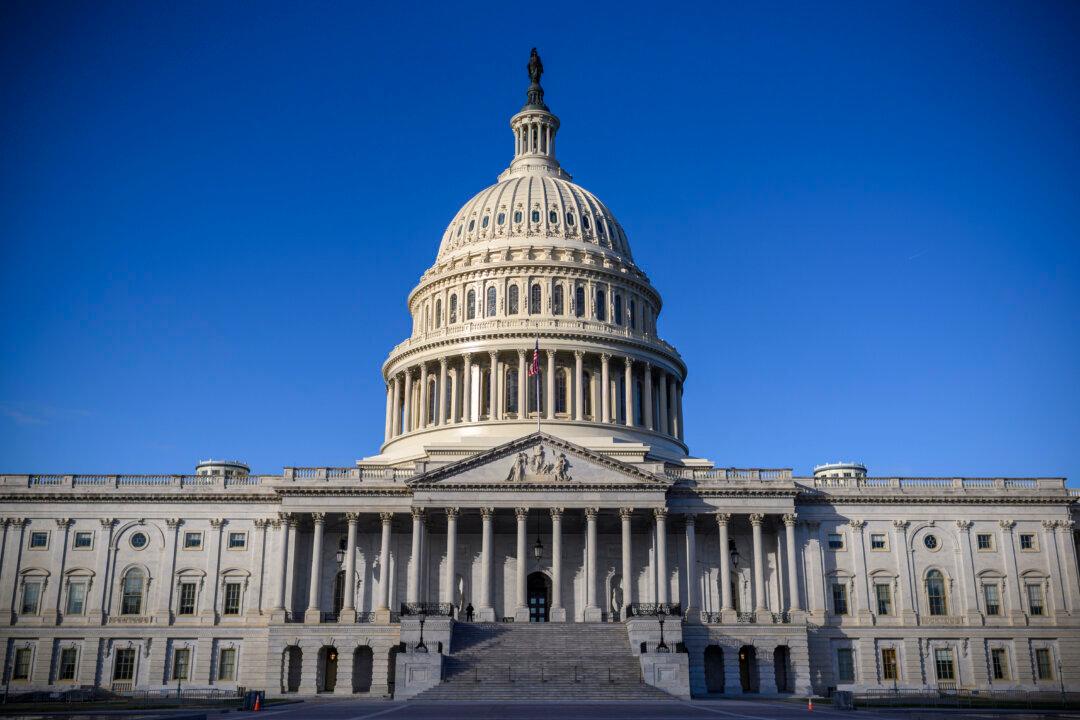A seven-day trial found Georgian woman Kpanah Kollie guilty of conspiracy to introduce contraband into a federal prison.
The announcement was made on Wednesday by U.S. Attorney Mike Hurst and Special Agent in Charge James F. Boyersmith with the Department of Justice Office of the Inspector General (DOJ OIG) Miami Field Office.




